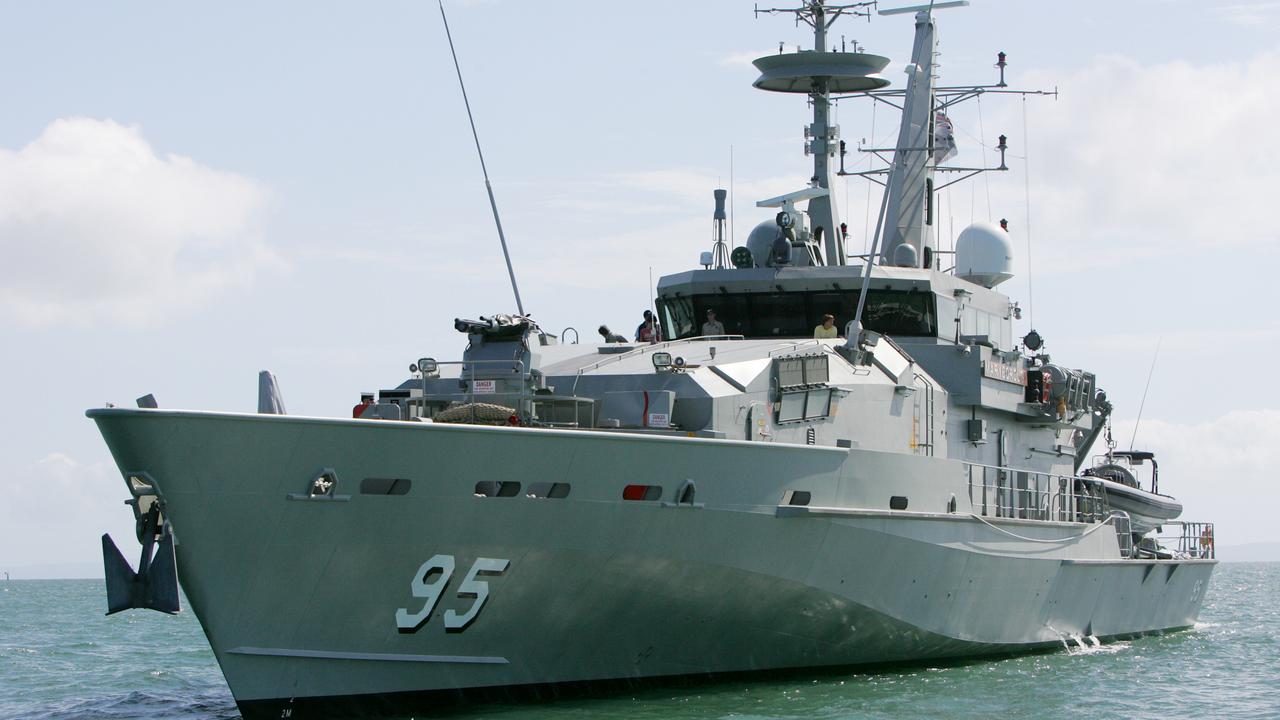ADF given right to hit Daesh supply lines
RAAF fighter-bombers will be able to attack a broader range of targets in Iraq and Syria under legal changes.
RAAF fighter-bombers will be able to attack a broader range of targets in Iraq and Syria under the legal changes proposed by Malcolm Turnbull, but the rules of engagement remain extremely tight to reduce civilian casualties.
The RAAF is involved in two categories of strikes: “deliberate” operations, which are carefully planned attacks based on days or weeks of analysis of intelligence, such as a strike on a bomb factory; and “dynamic” operations carried out, often with little warning, to help Iraqi or Kurdish forces.
The bombs that RAAF Hornets and Super Hornets use are so precise the crews can put a 225kg bomb through an entrance the size of an garage door, from 20,000 feet up and 20km away.
The commander of Air Task Group 630, Phil Gordon, is Australia’s “target engagements authority”, with the right to approve or stop airstrikes.
Air Commodore Gordon told The Australian that under the previous rules of engagement the Australians could only attack an enemy’s combat arms — the equivalent of its infantry, armour or artillery. The RAAF was not able to target those with logistic roles even though they enabled the enemy combatants to fight.
“Now we have rules of engagement in place which bring us into line with the United States and our other allies,” he said.
The decision-making process remains complex and rigorous, however. While the RAAF has carried out about 900 strikes against Islamic State combat forces, they have not generally been able to attack parts of the terror group’s supply lines. Now they can do that more easily, but not in an unrestrained fashion.
A truck carrying fuel or munitions to Islamic State fighters holding a town would generally be a legitimate target, though not always. “We always try to use the best information available to make an informed decision, so we are not targeting civilians or civilians who have been forced or coerced into doing this for Daesh,” Air Commodore Gordon said.
Where it is clear there is an immediate threat, as when a vehicle packed with explosives is heading for allied troops, the decision would be clear and it would be destroyed.
“We would have less discussion about who was driving that vehicle because there was an immediate self-defence imperative to act,” he said.
“If it’s someone deep behind enemy lines and we are considering a strike in a week’s time, we will look very closely at the intelligence and make a judgment on our confidence that it is a person performing a military function or whether it might be a civilian who’s been conscripted or forced to do that work.
“So we still apply a lot of effort and a lot of rigour to make sure we are not targeting innocent people. If the planners suspect that might be the case, they will adjust the way the strike would be carried out or its timing to try to reduce the chances of innocent people being killed as much as possible.”
If a driver was believed not to be a member of the terror group, a strike could be carried out in moments when he was out of his cab.
“If a bomb goes off in front of the truck and the driver is not a genuine member of Daesh, they are probably going to get out and run away and leave the truck able to be targeted,” he said.



